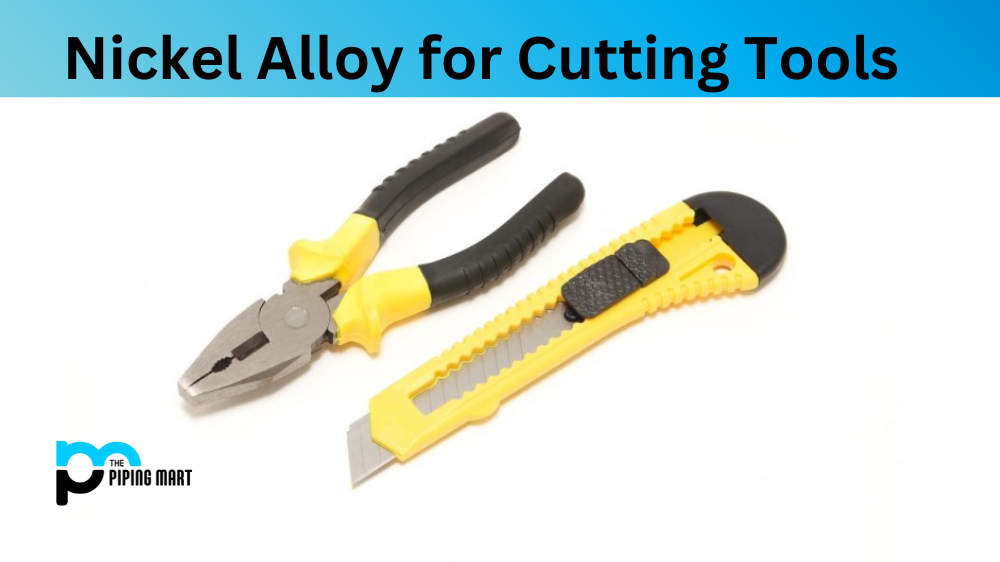Nickel alloy is a special type of metal that is incredibly durable and can be used to create cutting tools. If you are looking for a metal alloy that can withstand high heat and pressure, then nickel alloy may be the perfect fit for your needs. In this blog post, we will discuss the types of cutting tools that are made with nickel alloy and the advantages they offer over other alloys.
Types of Cutting Tools Made with Nickel Alloy
There are many different types of cutting tools that can be made using nickel alloy. Some of the most common include drills, reamers, end mills, and taps. Drills are used to make holes in materials such as wood or metal. Reamers are used to increase the accuracy of existing holes by enlarging them slightly. End mills are used to cut intricate shapes into the surface of a material and are often used in CNC machining applications. Finally, taps are used to create screw threads in materials such as aluminum or steel.
Advantages of Nickel Alloy for Cutting Tools
Nickel alloy offers many advantages when it comes to creating cutting tools. First and foremost, it is highly durable and resistant to corrosion which makes it ideal for use in wet or humid environments. Additionally, nickel alloy has excellent thermal properties, which means that it can handle high temperatures without becoming brittle or breaking down quickly. This makes it an ideal choice for applications where heat will be an issue, such as when drilling hard materials like stainless steel or titanium alloys. Lastly, nickel alloy is also non-magnetic, which makes it suitable for use in electronic devices as well as medical equipment where magnetic fields could interfere with operation.
Conclusion:
Nickel alloy is one of the best metals available when creating cutting tools due to its durability and resistance to corrosion and heat damage. It can be used in a variety of applications, including drills, reamers, end mills, and taps for both wet and dry conditions, as well as CNC machining operations where precision accuracy is necessary. Furthermore, its non-magnetic properties make it suitable for use in sensitive electronics such as medical equipment or computers where magnetic interference could cause problems with operation or data storage capabilities. If you’re looking for a metal alloy that can hold up under extreme conditions while still providing accurate cuts every time, then nickel alloy should definitely be your go-to material choice!

A passionate metal industry expert and blogger. With over 5 years of experience in the field, Palak brings a wealth of knowledge and insight to her writing. Whether discussing the latest trends in the metal industry or sharing tips, she is dedicated to helping others succeed in the metal industry.




